This week’s blog is brought to you by SFH Ambassador, Chef Ryan Lopez, and Nutritionist/Performance Consultant, Ashley Gomes. See what they have to say about working an anti-inflammatory diet into your lifestyle.
Incorporating anti-inflammatory foods into your diet can be very beneficial. Certain foods will help with brain health, injury prevention, and heart disease.
Here are some ways to incorporate anti-inflammatory lifestyle:
- Remove Processed Foods and Refined Sugars.
- Cooking Oils. Try using grass-fed/organic animal fats (butter, ghee, tallow, lard) as well as plant oils such as coconut or avocado oil. Coconut, avocado, and ghee all have high smoke points. So, if you’re looking to sear a piece of fish or roast cauliflower these fats are perfect for that.
- Focus on Omega 3. Fish supplements, fish, walnuts, algae products.
- Spices! Spices like Ginger, Turmeric, Curry, Garlic, and Cinnamon all provide anti-inflammatory properties through antioxidants.
- Vegetables and fruits (especially leafy greens, cruciferous veggies, beets, blueberries, and pineapples) are all packed full of vitamins, minerals and antioxidant compounds which help reduce inflammation in the body.
I was lucky enough to meet Ashley Gomes, Nutritionist/Performance Consultant (NBA, MLB, NFL, Professional Boxing, PGA) last year while we were both working with Kevin Durant on making sure that his body was performing at its highest levels. I wanted to get her perspective on this matter. She is highly regarded within the sports world and has worked with a countless number of athletes throughout her career.
I feel a big part of my job is to educate the athletes that I work with on how food affects their body. I strongly believe it is important for them to understand how food (specifically the nutrients that food contains) can help facilitate proper recovery and adaptation to the stresses that they encounter daily. The incorporation of “anti-inflammatory” foods can act as a countermeasure to mitigate the accumulation of inflammation within the body- helping the athlete recover from the unavoidable demands of their training and travel schedule.
Does a shift to “anti-inflammatory” foods prevent injury/help heal injury?
In my experience, any time an athlete adopts a more nutrient-dense diet over one that is devoid of nutrients, he/she will mostly likely see and feel a difference. That being said, anti-inflammatory foods (high in vitamins, minerals, and antioxidants) can assist in creating a physiological environment that can enhance cellular recovery.
Aside from diet what other ways can mitigate inflammation?
Aside from changes in diet, these are some other strategies that I have found super effective at helping mitigate inflammation in athletes.
- Adequate Sleep: 8+hrs per night, ideally asleep at or before 10 pm. Adequate sleep and rest helps your body optimize cognition, repair tissues and function properly hormonally.
- Hydration: your body is 70%+ water, it’s responsible for the transport of nutrients, thermoregulation, along with pretty much every biological function. If you are dehydrated, nutrients fail to be transported, baseline metabolism drops, and systemic inflammation can increase.
- Stress Management- Mindfulness, Meditation, Yoga, Breathing Exercises. Help the body get into parasympathetic state which optimizes hormone function, reduces cortisol (stress hormone), and promotes physiological repair.
Supplements Strategies vs Inflammation:*
- Pro Resolve Mediators (SPMs): Which are a lipid molecule derived from Omega 3 molecules. They differ from Omega 3s in that they do not switch off the inflammatory cascade totally- they allow for the initial inflammation phase to happen, which is the body’s natural response to healing, and then resolve inflammation without compromising the immune response.
- Omega 3 Fish oil/ EPA-DHA: Reduces inflammation, shown to be effective for systemic inflammation, post-injury recovery and for cognitive function.
- NAC- N-Acetyl Cysteine- Potent antioxidant that helps prevent oxidative damage and cell death. I specifically use this for cognitive protection for combat or contact sport athletes.
- Meriva: A phytosome form of Curcumin (potent antioxidant) that is extremely well absorbed by the digestive tract.
- Vitamin C- Specifically for soft tissue healing and remodeling (Check out Keith Barr)
* These statements are the opinion of an independent nutritionist. Controlling inflammation by diet has not been proven to FDA standards.
Author: Ryan Lopez and Ashley Gomes
Ashley Gomes
Nutritionist/Performance Consultant (NBA, MLB, NFL, Professional Boxing, PGA)
Based out of FL and CA
info@jagnutrition.com
https://www.linkedin.com/in/ashley-gomes-4679999/


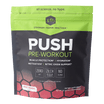
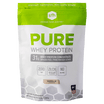
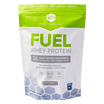
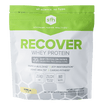
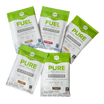
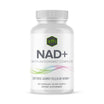
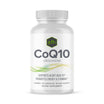


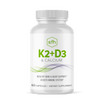
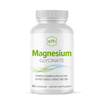
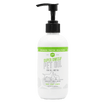
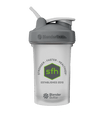
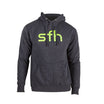
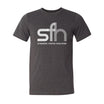


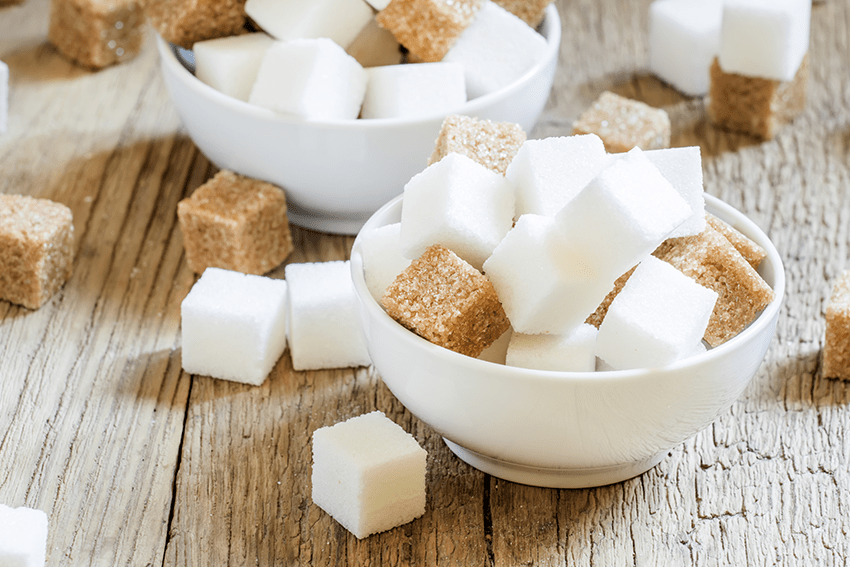
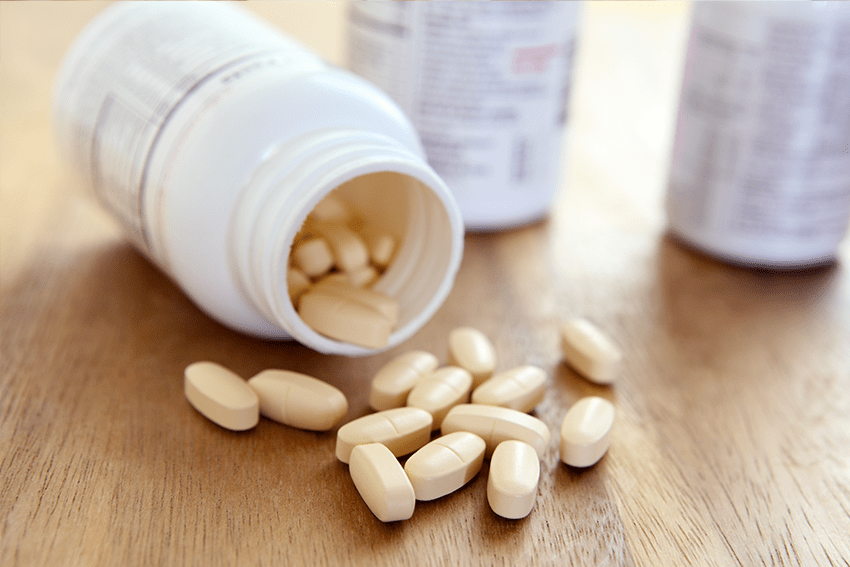
Leave a comment
This site is protected by hCaptcha and the hCaptcha Privacy Policy and Terms of Service apply.